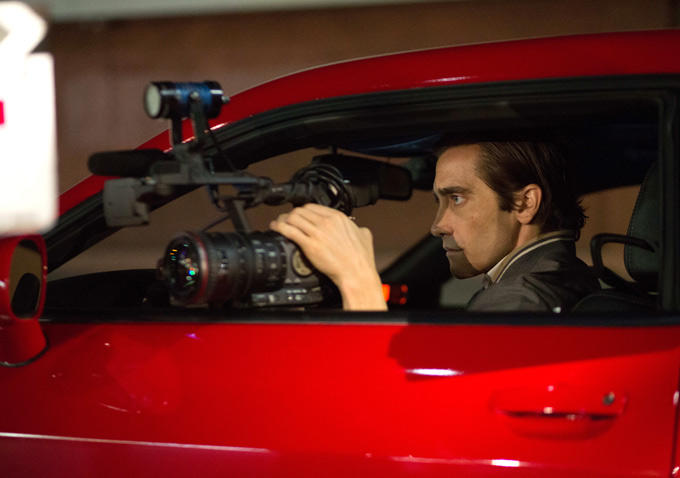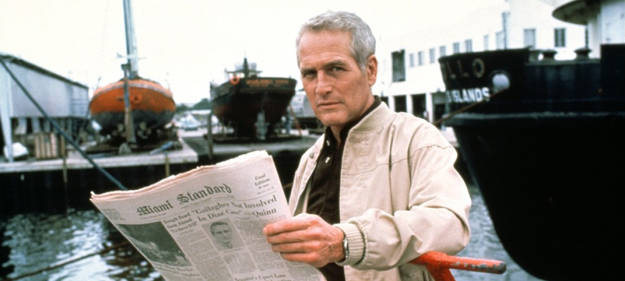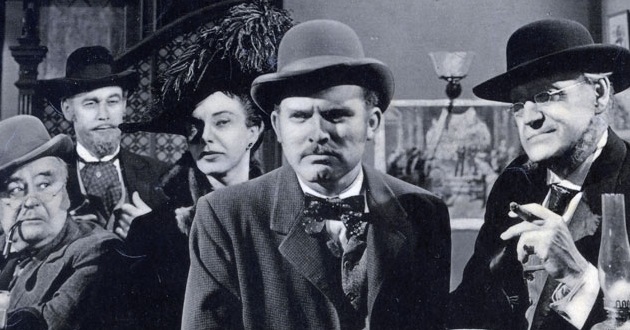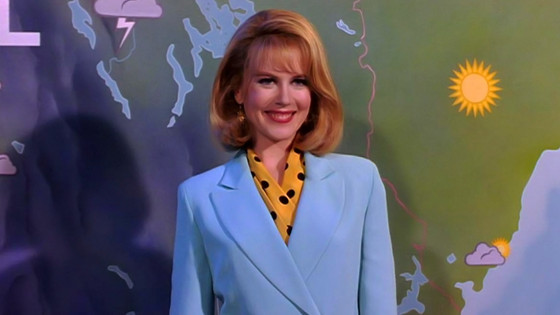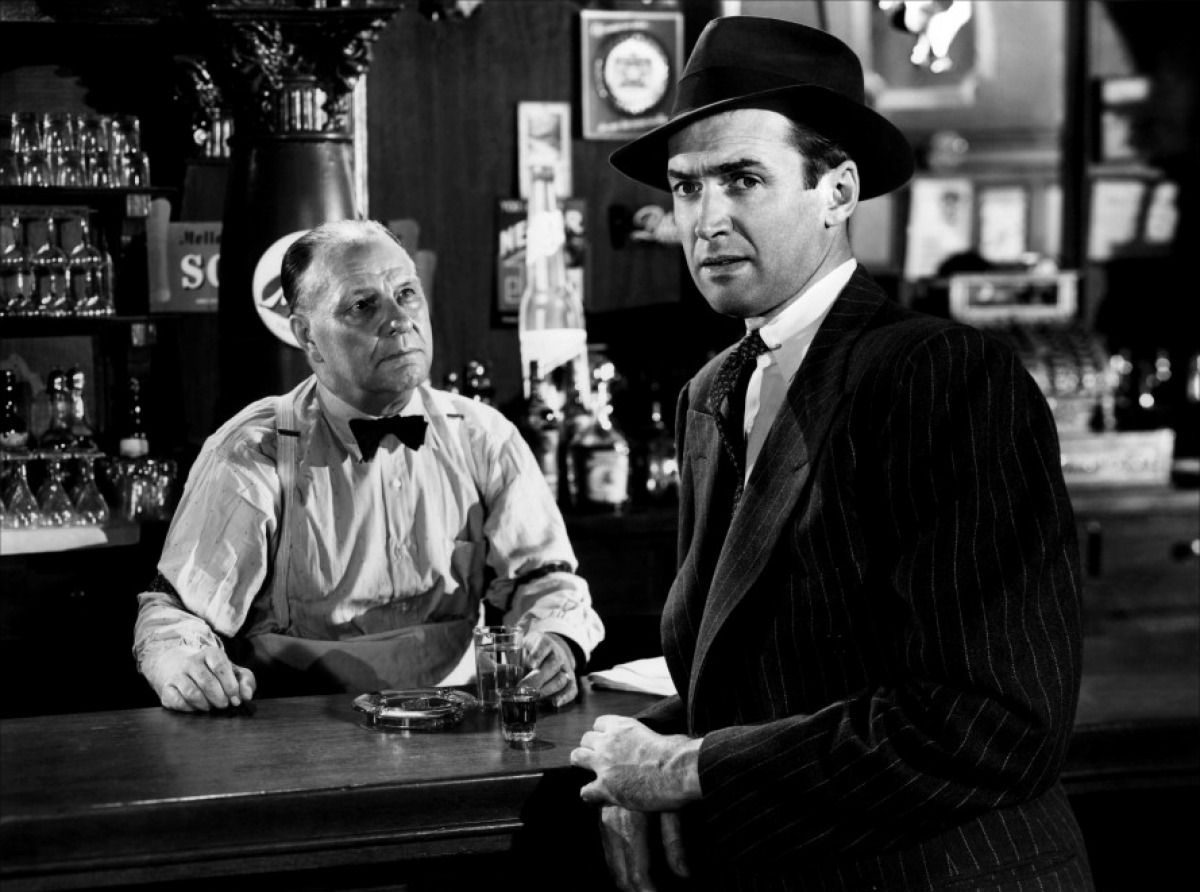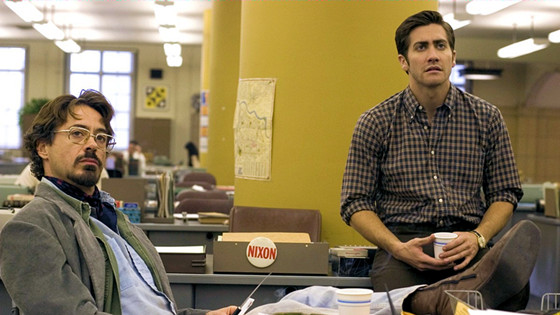The film industry has a long history of examining, depicting and frequently criticising the fourth estate. The way in which films examine the nature in which our information stream operates can often say more about society and culture than one ever imagined. They have sometimes also taken a look at how the media interacts with crime, and how the two can parallel and integrate with each other.
These films can examine the relationship between the media and crime. Whether that be through inspecting their coverage or involvement with it, or sometimes a depiction of crime within the media itself. This allows films to scrutinize the morality and judgement of the media and how ethical the methods of the media can be.
These movies can praise the media as pioneering against crime or condemn it for interacting with it, one way or another, it delves into their complex relationship and also questions what it may say about us as a society if we place our trust of who handles our information and cultural commentary in the hands of some of these journalists.
10. Absence of Malice (1981)
Sydney Pollack’s drama paints a searing picture of corruption and scandal within the media. How far should press intrusion go and who wins in the conflict between an individual’s right to privacy and the public’s right to know. The plot follows a determined prosecutor who leaks information to the press and implicates a liquor store owner for murder in the process.
Absence of Malice is an unabashed look at legitimacy and the collateral damage of actions within the media. There is a sense of moral uncertainty that permeates the drama, combined with just enough ambiguity to maintain an atmosphere of indistinctness. You are never quite sure who to root for or sympathise with as character relationships and motivations remain unclear until the end.
The effect is a mature and complex drama that offers a uniquely sobering take on the work of the media and the impact it can have in the least likely of places and observing the negative consequences of journalistic attentiveness.
9. Park Row (1952)
A lot of films on this list contain commentary on the relationship between media and crime or crime that grows within the media. However, this 1952 thriller may be the only one on this list to actually examine crime that is directly and singularly generated by the media itself. Park Row plays out more like a mob movie that just happens to involve a conflict that is set around the newspaper business.
It is gritty and ugly for a film concerning such a prestigious business at its height in the 1880s. As rival newspapers companies, one run by a principled young journalist weary with the state of the business and the other by a ruthless professional, go to war over their readership. This battle goes far beyond mere boycotts and negative reviews, street fights break out, shots are exchanged and sabotage is rife within their conflict.
Though there is commentary on competitiveness and perception, there is an undeniable sense of sentiment that runs throughout the film and keeps it together. It retains an emotional core that makes the series of events compelling and engaging, while upholding a sense of humanity and surprisingly amid the bare knuckle brutality and street level skirmishes, a somewhat hopeful nature.
8. To Die For (1995)
Gus Van Sant’s dark comedy about journalists, crime and fame remains a cutting edge satire of exquisite sharpness. Nicole Kidman stars as an aspiring journalist who marries a local man, only to assist a group of high school kids in killing him. The film is a classic example of the dark side of ambition, especially at such a raw level as this.
It wallows in its own unpleasantness and manipulative techniques to paint a picture of pure and unrivaled drive, and how the media can provide the means to enact such a motivation.
It was filmed in almost a mockumentary style to heighten the sense of realism and reduce the motivation behind its main character to its untainted and simplest form. Van Sant somehow finds some humanity in the dark tale though, finding ways to bring out characters’ most intimate emotions and deepest secrets. Such an act almost makes them seem sympathetic, and as a result, To Die For is always enthralling.
With such a heavy expansion of the media and so many people using it as a means to achieve fame for themselves, as well as the rapid rise in reality television and coverage of crime within regular news broadcasts, it becomes more relevant with each passing year.
7. Call Northside 777 (1948)
A drama about journalism that was tackled on a film noir and documentary like style that heightened its sense of realism and intelligence. Jimmy Stewart plays a reporter tasked with investigating a decade old prohibition related murder of a policeman, for which two men were convicted on what may have been falsified evidence.
It was essential for the movie to have a sense of realism as it was based on a real story of investigative journalism. The truthful way in which Stewart questions witnesses and slowly works to uncover the actual series of events is a rewarding experience. By employing techniques of noir as well it plays out in quite a suspenseful manner that makes the detailed nature of the plot appear enthralling rather than boring.
Combined with Stewart’s fulfilling performance and Call Northside 777 becomes an energetic tale of perseverance and determination. Once again it acts as a message of how the media can resolve crime through investigative work and make an impact on the situation rather than merely commenting on it.
6. Zodiac (2007)
David Fincher made a bold choice when he decided to make a serial killer film in which he could never show the confirmed killer himself. But his story remained enthralling as it was not about crime, it was about the obsession that trailed it. Zodiac was a perfect portrait of the craze that could be generated around the crime, how even simple reporters somehow felt devoted to solve this mystery and how they continually tried to predict the moves of a cold blooded killer.
It may be a historical representation and in many ways that only makes it more remarkable, how the killer phoned up newspapers and sent journalists threatening letters that bragged of his crimes, he blackmailed them into publishing them and fed off of the public image it gave him. The fact that it is backed up by some sensational performances from Jake Gyllenhaal, Robert Downey Jr and Mark Ruffalo as well as Fincher’s usual sublime camerawork elevates it further.
Zodiac takes time to examine how the final victims of this killer were not physically harmed, but they were plagued by obsession. Having witnessed the forefront of his actions, they could not help but fall into a fascination with the criminal and strove to uncover the mystery themselves. Like the killer, the themes remain ambiguous, yet somehow it still delivers a sustaining feel by the end, as if one has discovered something even more significant.
